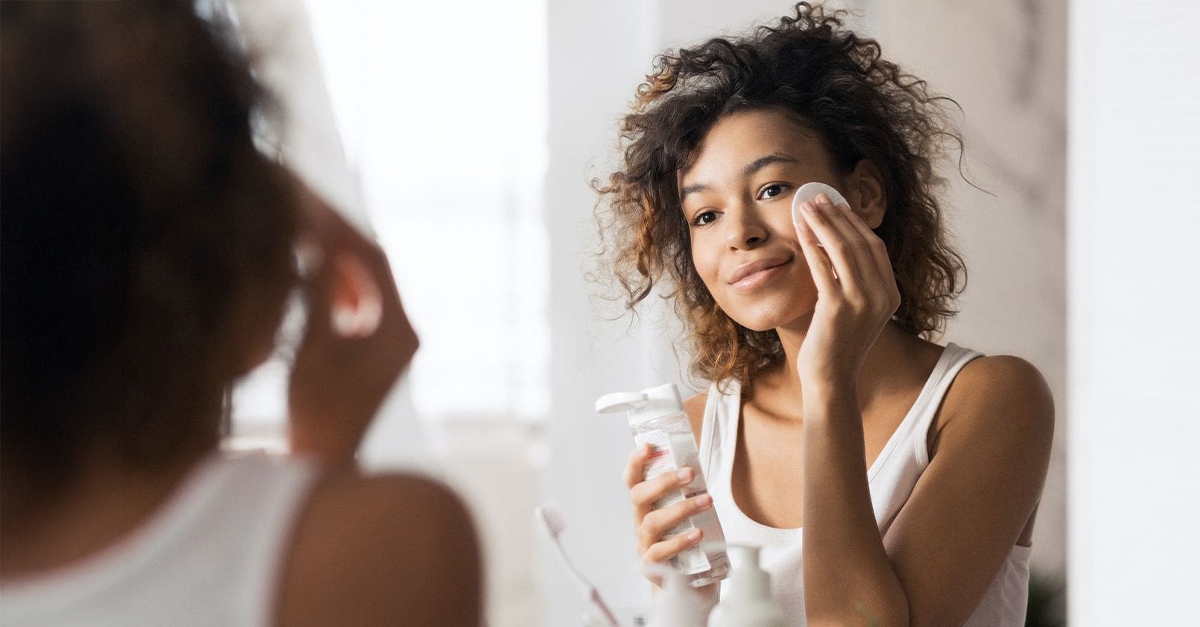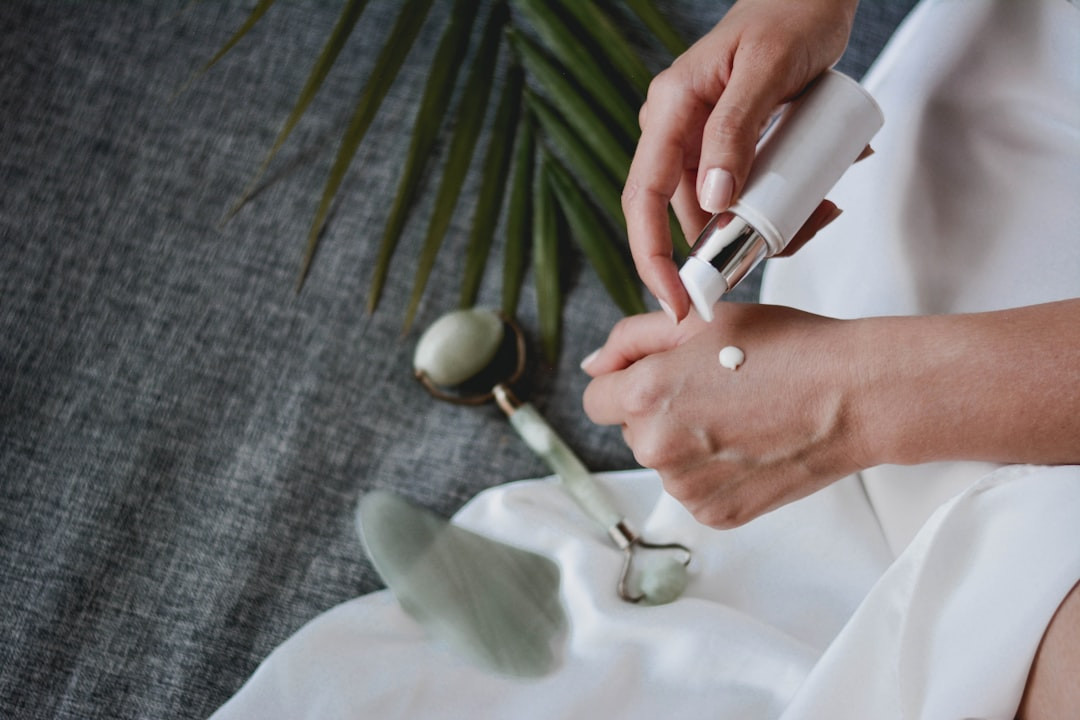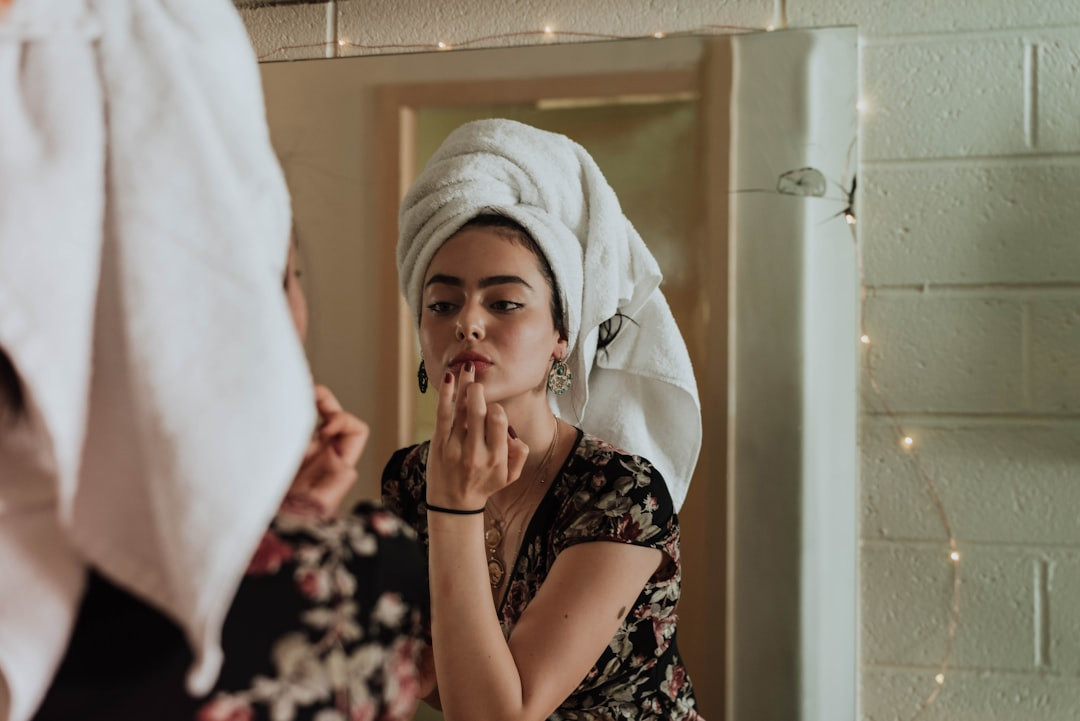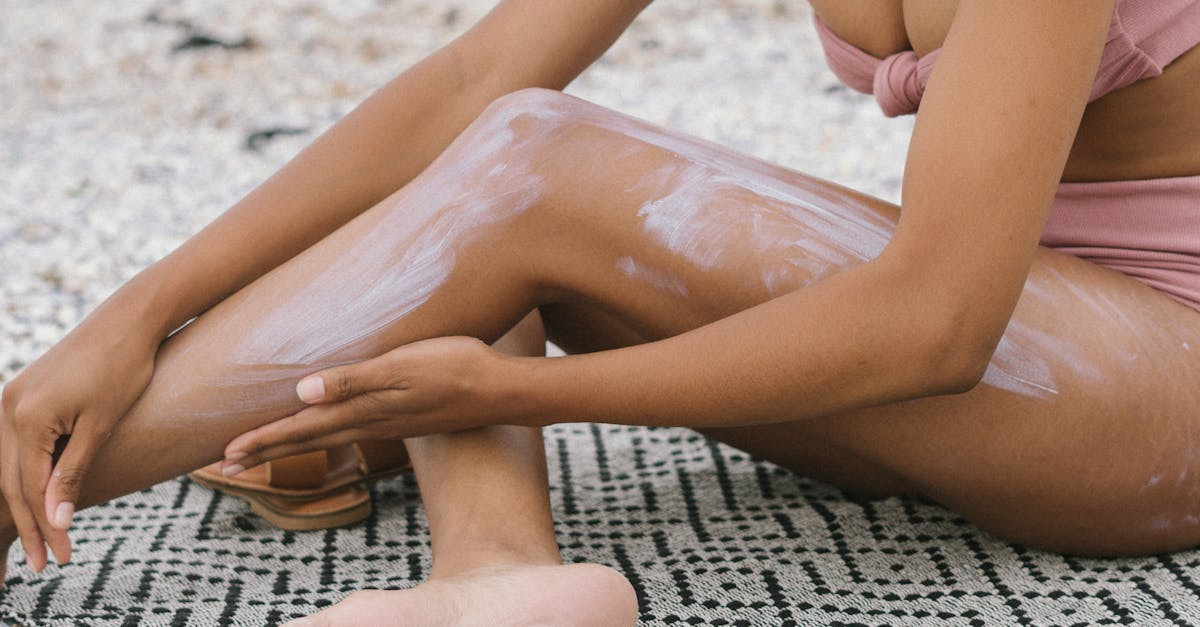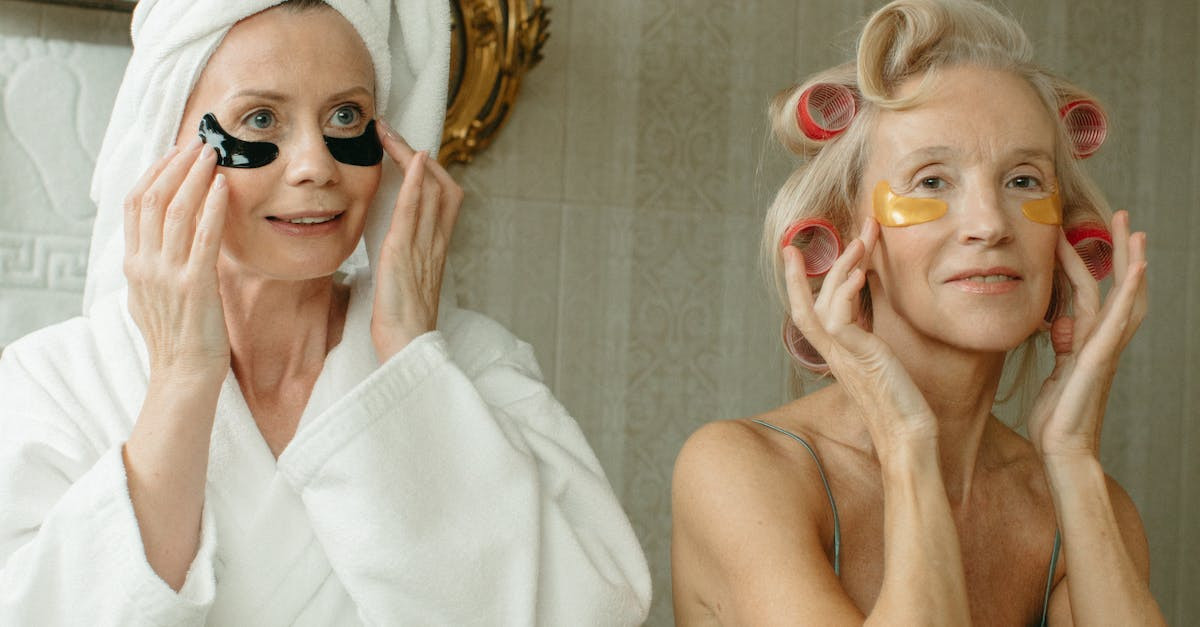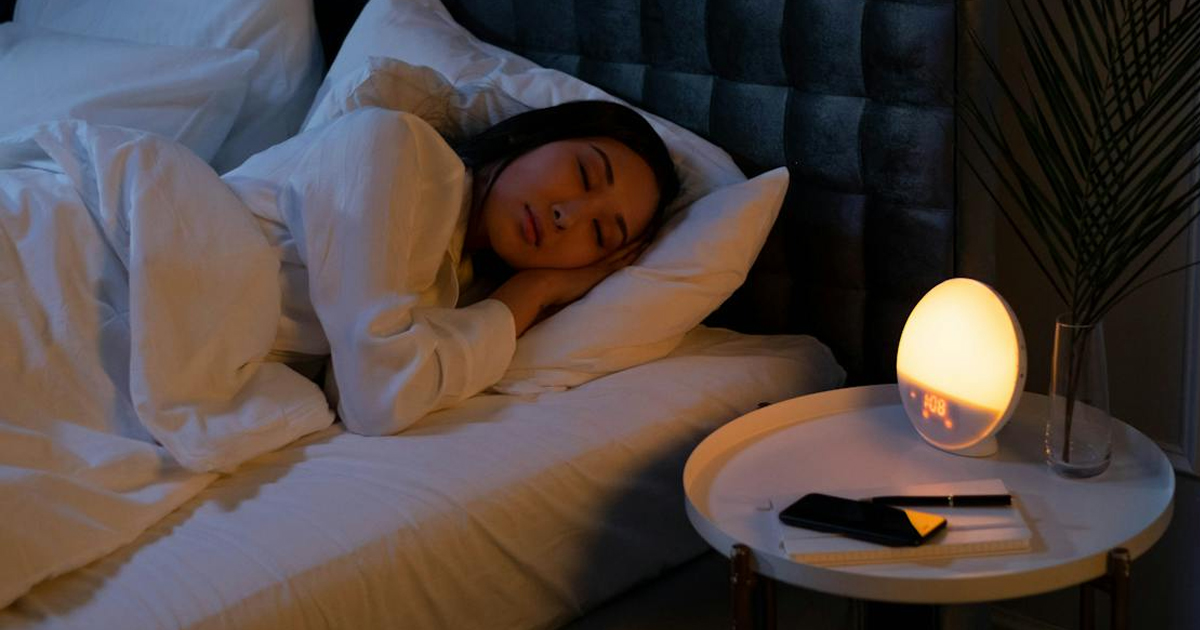In the world of skincare, myths and misinformation abound. Social media, old wives’ tales, and even well-meaning advice from friends can spread misconceptions that may do more harm than good. Separating fact from fiction is critical to keeping your skin healthy. We commence debunking some of the biggest skincare myths and unveil the truth behind them.
Natural Ingredients Are Always Better
While natural ingredients like aloe vera and chamomile can be beneficial, not everything labeled "natural" is automatically safe or effective. Poison ivy is natural but clearly harmful. Some natural products irritate sensitive skin or cause allergic reactions. On the other hand, many synthetic ingredients have undergone rigorous testing for safety and effectiveness. The key is understanding your skin’s needs rather than assuming natural equals better.
You Don’t Need Sunscreen On Cloudy Days
One of the most dangerous myths is that sunscreen isn’t needed when it’s cloudy. Up to 80% of the sun’s harmful ultraviolet (UV) rays can penetrate clouds and reach your skin. Consistent sun exposure without protection accelerates aging, causes sunspots, and increases the risk of skin cancer. Daily sunscreen use, even on overcast days, is an important step in any skincare routine.
Tanning Is Safe As Long As You Don’t Burn
Some people think that as long as they avoid burning, tanning is harmless. However, any tan is a sign of skin damage. Tanning beds and sun exposure both emit UV radiation that harms skin cells, breaks down collagen, and raises the risk of melanoma and other skin cancers. There’s no such thing as a safe tan from UV exposure.
You Don't Have To Moisturize Oily Skin
People with oily or acne-prone skin often avoid moisturizers, fearing they’ll make their skin even more oily or cause breakouts. In reality, skipping moisturizer can make matters worse by causing skin to overcompensate and produce even more oil. The solution? Use lightweight, non-comedogenic moisturizers that hydrate without clogging pores.
You Can Shrink Pores Permanently
Many products claim to shrink pores, but the size of your pores is mostly a matter of genetics. While some treatments can minimize their appearance temporarily by removing debris and slowing oil production, they can’t shrink them forever. Keeping pores clean and using products with ingredients like salicylic acid or retinoids can help maintain a smoother appearance.
The More Products You Use, The Better
Complicated multi-step skincare routines might sound impressive, but more isn’t always better. Overloading your skin with products can lead to irritation, allergic reactions, or diminished effectiveness. Keep things simple and develop a routine using a few well-chosen products tailored to your skin type. This approach is often more effective and sustainable.
You Should Feel A Sting For A Product To Work
The belief that effective skincare has to tingle or sting is widespread but misguided. A burning or stinging sensation often indicates irritation, not effectiveness. While some active ingredients like exfoliating acids cause mild tingling initially, consistent discomfort can signal damage or an allergic reaction. Always listen to your skin’s signals and stop using if irritation persists.
Acne Is Caused By Dirty Skin
Acne isn’t just the result of poor hygiene. It stems from a combination of factors, including genetics, hormones, bacteria, and inflammation. Over-washing or scrubbing your face harshly can strip natural oils, worsen irritation, and make breakouts worse. Gentle cleansing and targeted treatments are far more effective for managing acne.
You Can Erase Wrinkles With Creams Alone
Many anti-aging creams promise to totally eradicate wrinkles, but no topical product can fully erase deep lines. Ingredients like retinoids, peptides, and antioxidants can improve skin texture and reduce the appearance of fine lines, but major wrinkles may require professional treatments like laser therapy or injectables for more dramatic results.
Expensive Products Work Better
Price doesn’t always bring quality or effectiveness. Many affordable skincare products use the same active ingredients as their luxury counterparts. What matters most is the formulation, concentration of active ingredients, and how the product interacts with your unique skin. Always check ingredient lists and consult dermatologists instead of assuming that a higher price equals better results.
When All’s Said And Done
Navigating the world of skincare can be confusing with such myriad conflicting advice. In debunking these common myths, you’ve taken the first step in a treatment process that benefits your skin for real! Keep in mind that skincare is personal, and understanding your skin’s unique needs is the most reliable path to healthy, radiant skin.
You May Also Like:
Why Vitamin C Needs To Be A Part Of Your Skincare Routine
DIY Beauty Hacks For The Frugal Person

